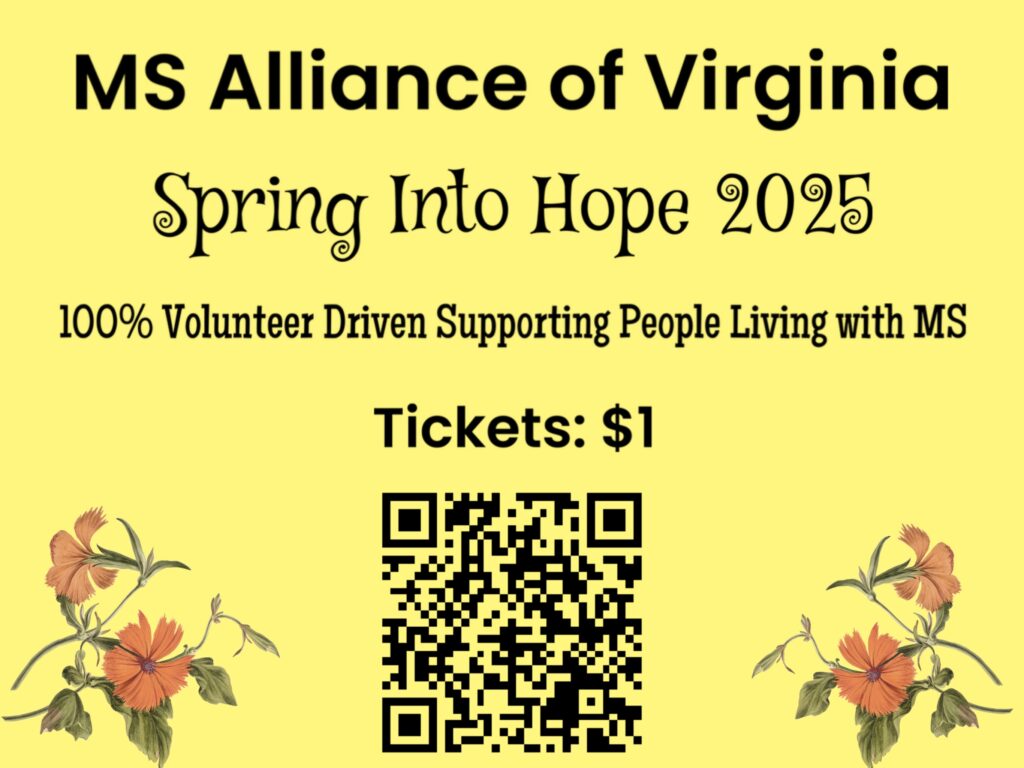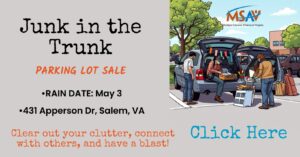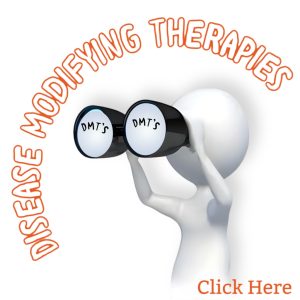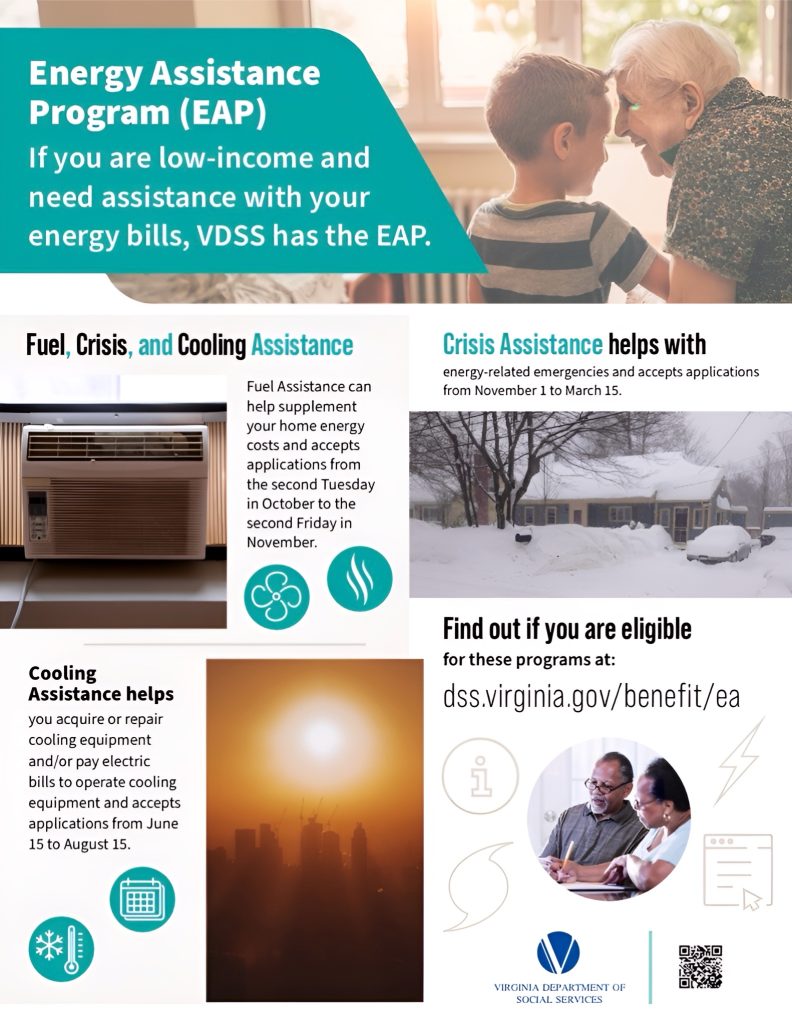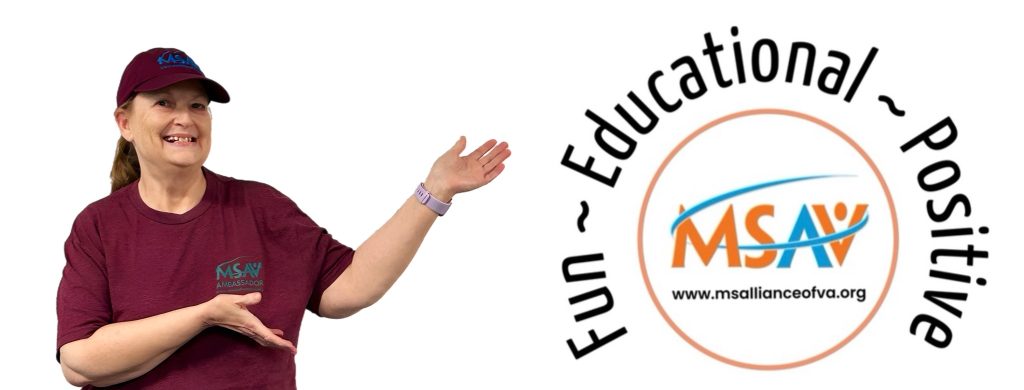
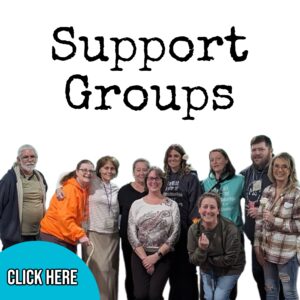
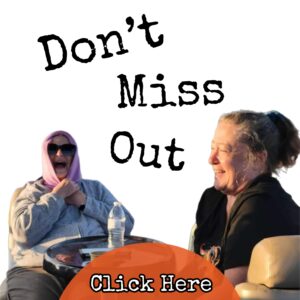
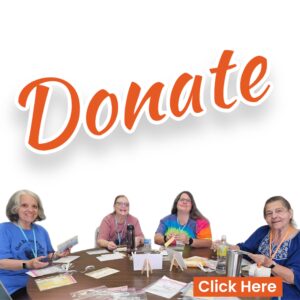

MS Fatigue: 9 Tips to Help You Feel Better
A common symptom Almost everyone who has multiple sclerosis (MS) also has fatigue. According to the National Multiple Sclerosis Society (NMSS), around 80 percent of those diagnosed with the condition will experience fatigue at some point during the course of the...
When MS Attacks the Spinal Cord
Nearly everyone with multiple sclerosis (MS) has signs of lesions in the brain, as shown by magnetic resonance imaging (MRI) scans, according to Anthony Reder, MD, a multiple sclerosis specialist and professor of neurology at the University of Chicago. But the brain...
Types of Multiple Sclerosis
What’s your type? Multiple sclerosis (MS) is thought to be an autoimmune, inflammatory disease affecting the central nervous system and peripheral nerves. The cause remains unknown, but some studies Trusted Source indicate a link between the Epstein Barr Virus,...
High Levels of Gut Bacterial Toxins Found in Spinal Fluid of MS Patients
People with multiple sclerosis (MS) have high levels of toxic compounds made by gut bacteria in the fluid around their brain and spinal cord, a study found. “This work not only furthers our understanding of the role of gut-brain communication in neurodegenerative...
Driving and MS: Everything You Need To Know
Many people worry about their ability to continue driving after receiving a multiple sclerosis (MS) diagnosis. Although numerous MS symptoms can affect a person’s driving ability, many people living with the condition continue to be safe drivers for years. It’s...
The Virginia Energy Assistance Program (EAP) assists low-income households in meeting their immediate home energy needs. The EAP consists of four components: Fuel Assistance, Crisis Assistance, Cooling Assistance and Weatherization Assistance. Click on the flyer for more information.
Our Mission Statement
Provide programs, events, activities and services for people living with MS in Southwest Virginia and the surrounding areas, including veterans.
Educate and empower people with MS, their care partners, friends and family. We will guide people to organizations that may be able to assist with their needs.
Contribute to awareness in the community, including educational programs to young people, first responders and community organizations.
Encourage and expand support groups to include assisted-living facilities, homebound people and help others start upbeat groups like ours.

